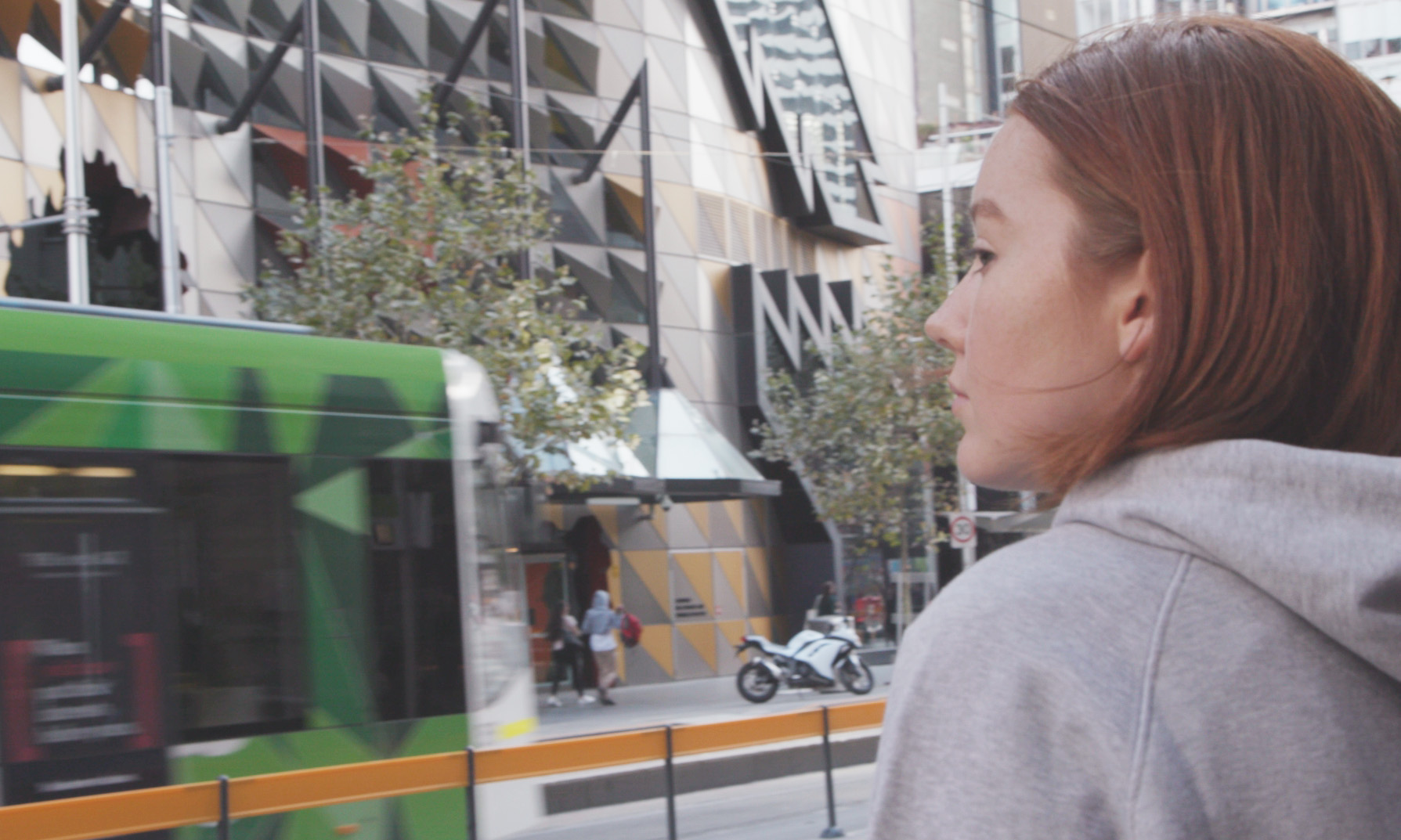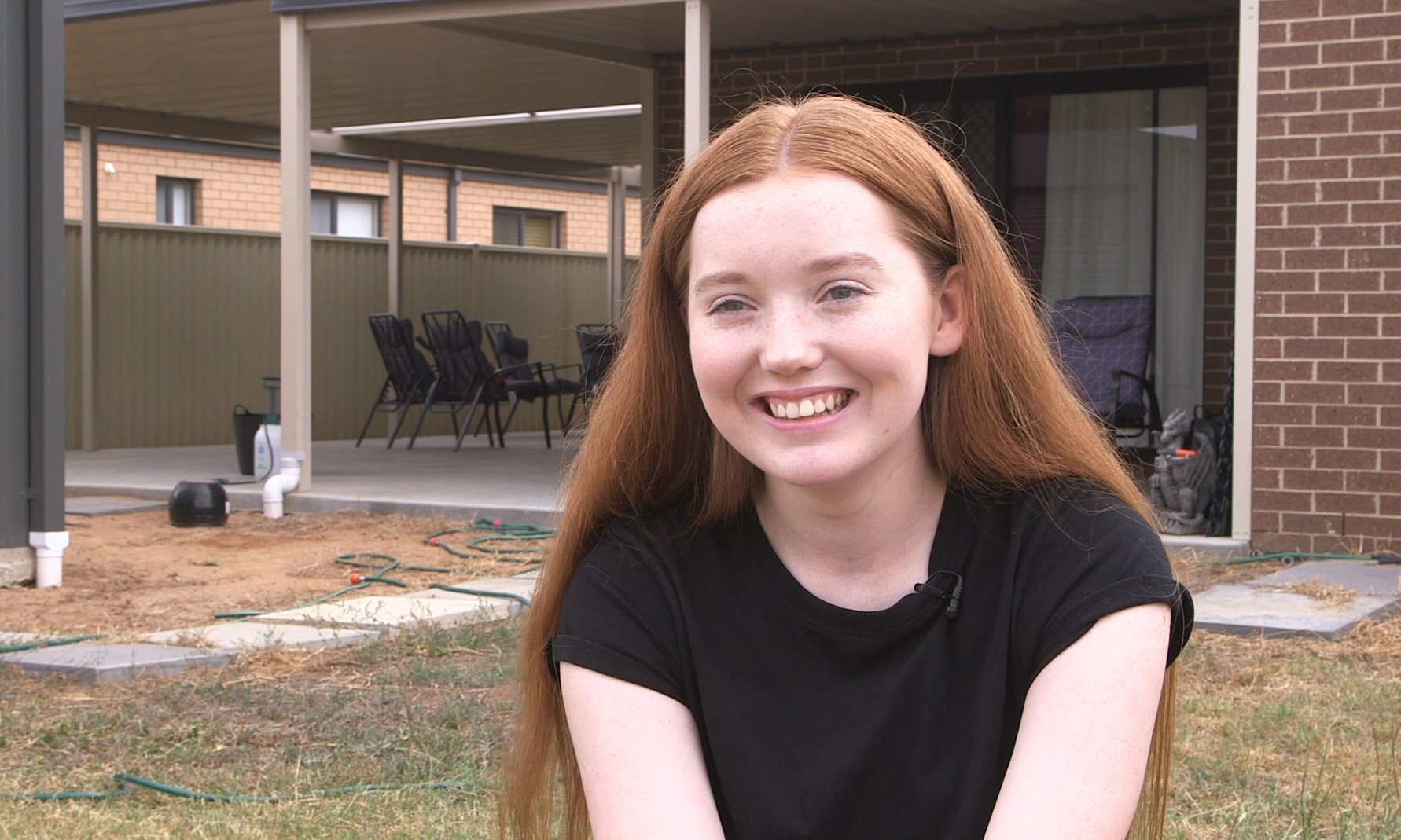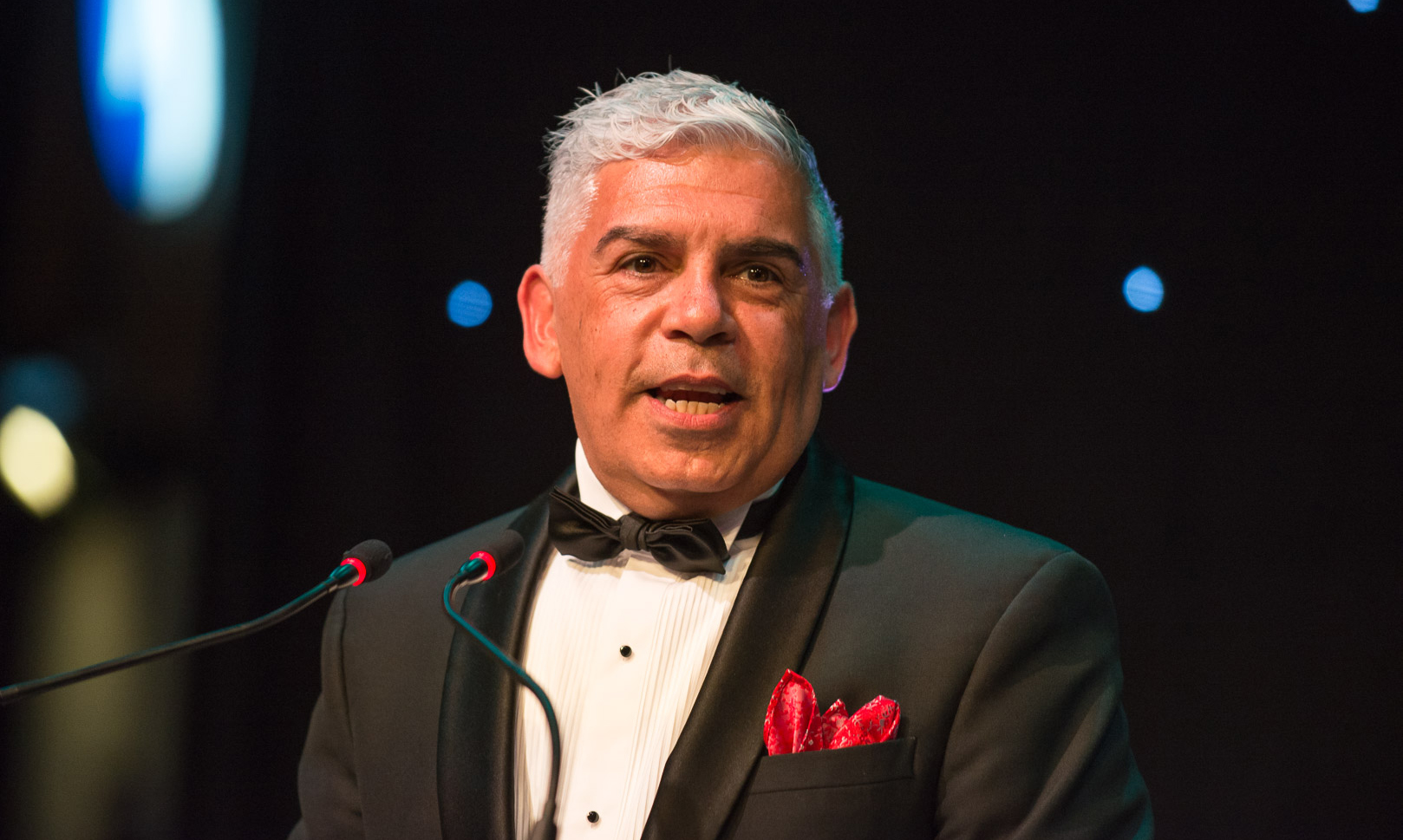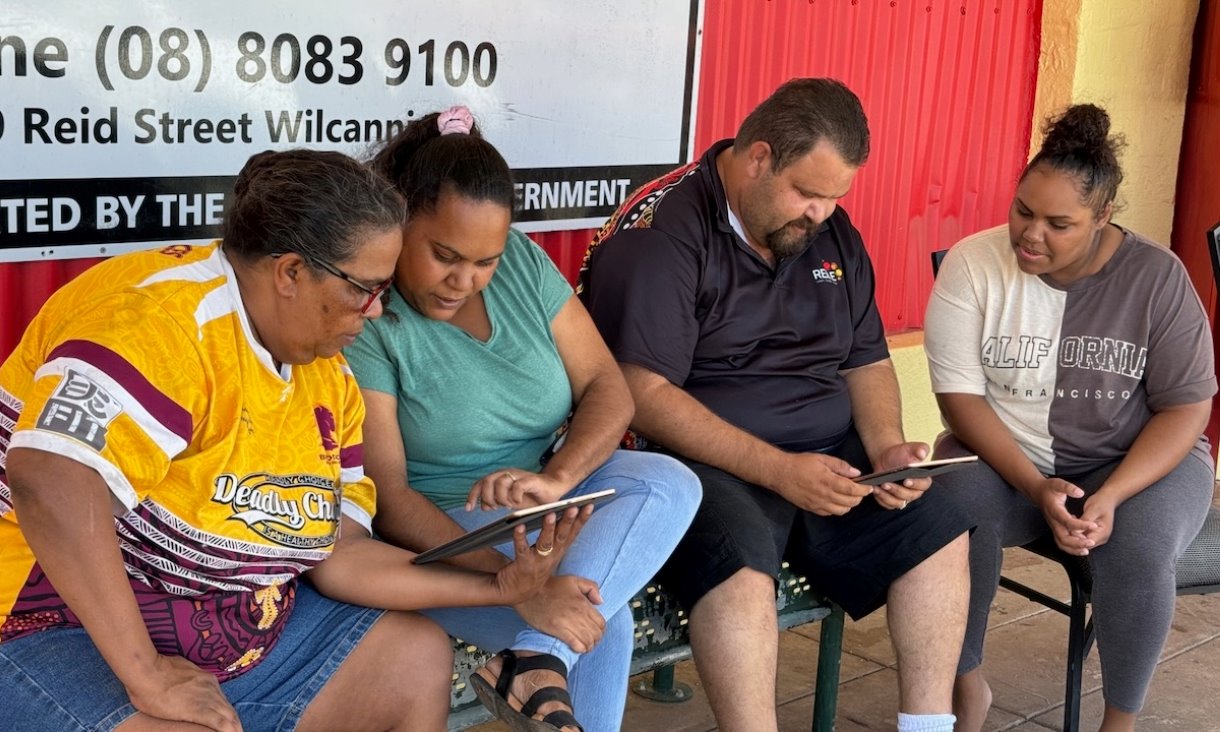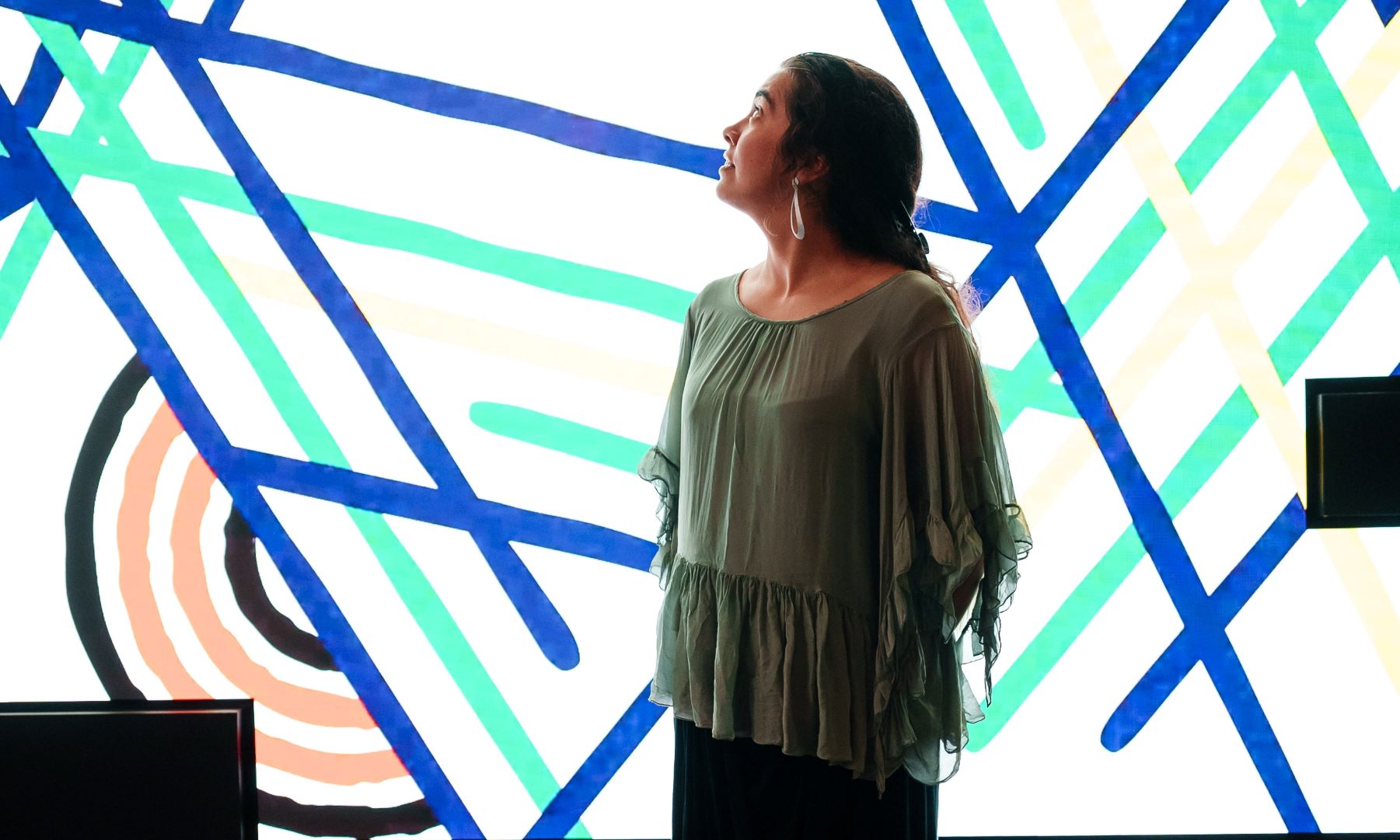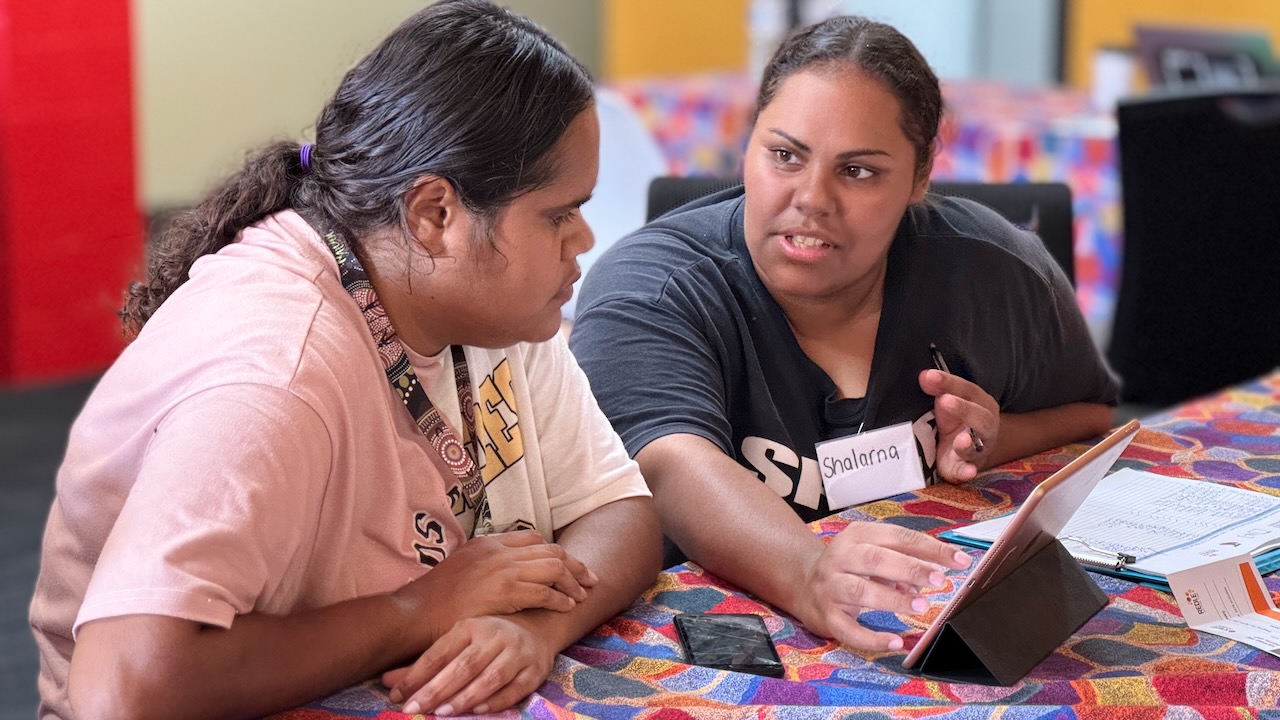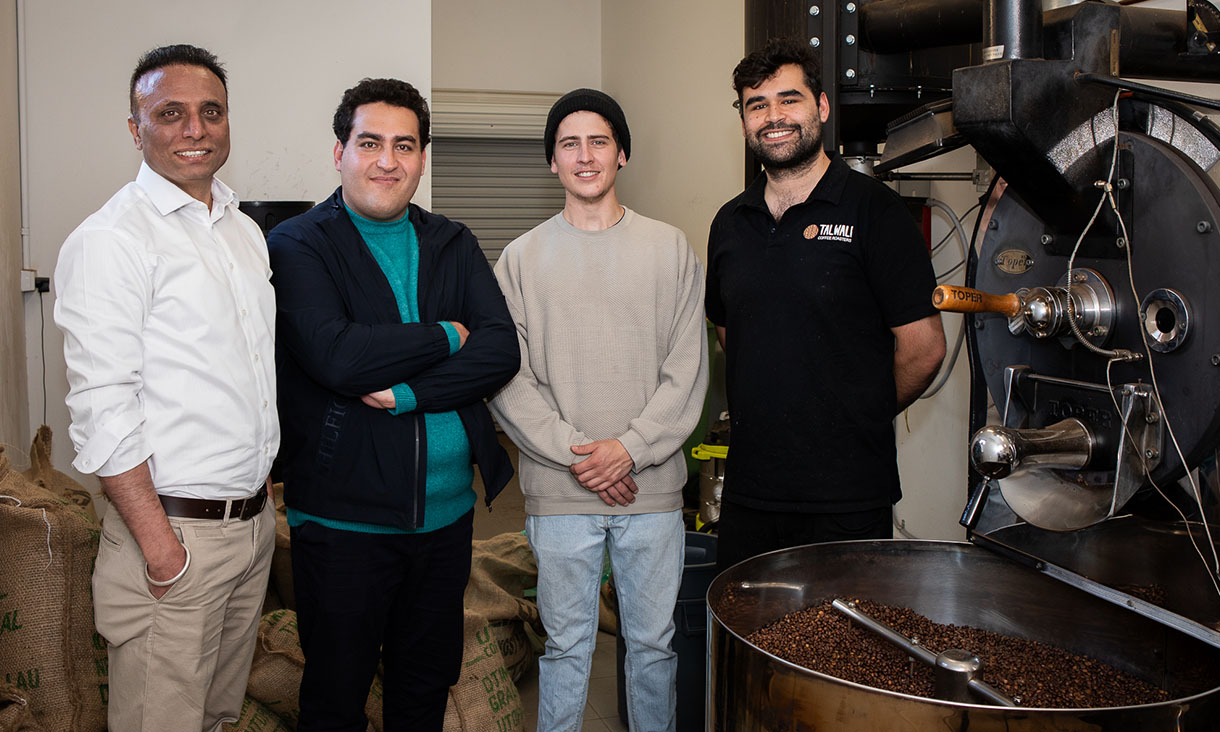Swapping Shepparton for the city
Moving from Shepparton to Melbourne for study was a life-long dream for first-year Bachelor of Biomedical Science student Trinity Peachey.
Peachey, who grew up in the north eastern Victorian town, population 130,000, said orientation programs run by the Ngarara Willim Centre helped ease her transition to tertiary studies
“I always found them very kind and helpful especially through the experiences I’ve had with Centre via school trips and Indigenous camps,” she said.
“With Ngarara Willim’s help, I’ve felt really welcomed at RMIT. I feel like I belong here now.”
Ngarara Willim provide specialist services and support to Aboriginal and Torres Strait Islander peoples prior to application and throughout their journey at RMIT, to reach their potential through a range of academic, cultural and social programs.
Despite some initial nerves, Peachey said it had been fun living in the city and she was surprised how easy it had been to make friends at university, especially in lectures.
“Normally I’d feel very self-conscious, but here I can express myself more freely compared to a small town like Shepparton,” she said.
Peachey said her culture was very important to her, and she was excited to meet more people and share their different cultures with each other.
“In Shepparton, I was surrounded by Yorta Yorta culture and that’s not really my own, my heritage is from South Australia,” she said.
“My mum and her dad didn’t get to experience their culture as much as they should have, so I want to experience it and care for it and bring it back to our family.”
Her decision to study Biomedical Science was underpinned by her ambition to go into cancer research or work in a diagnostic centre.
“Cancer runs in my family and has affected a lot of people I know – it can have really devastating effects on people,” she said.
“I want to do something, whether it’s help research for a new cure or help families before it’s too late.”
